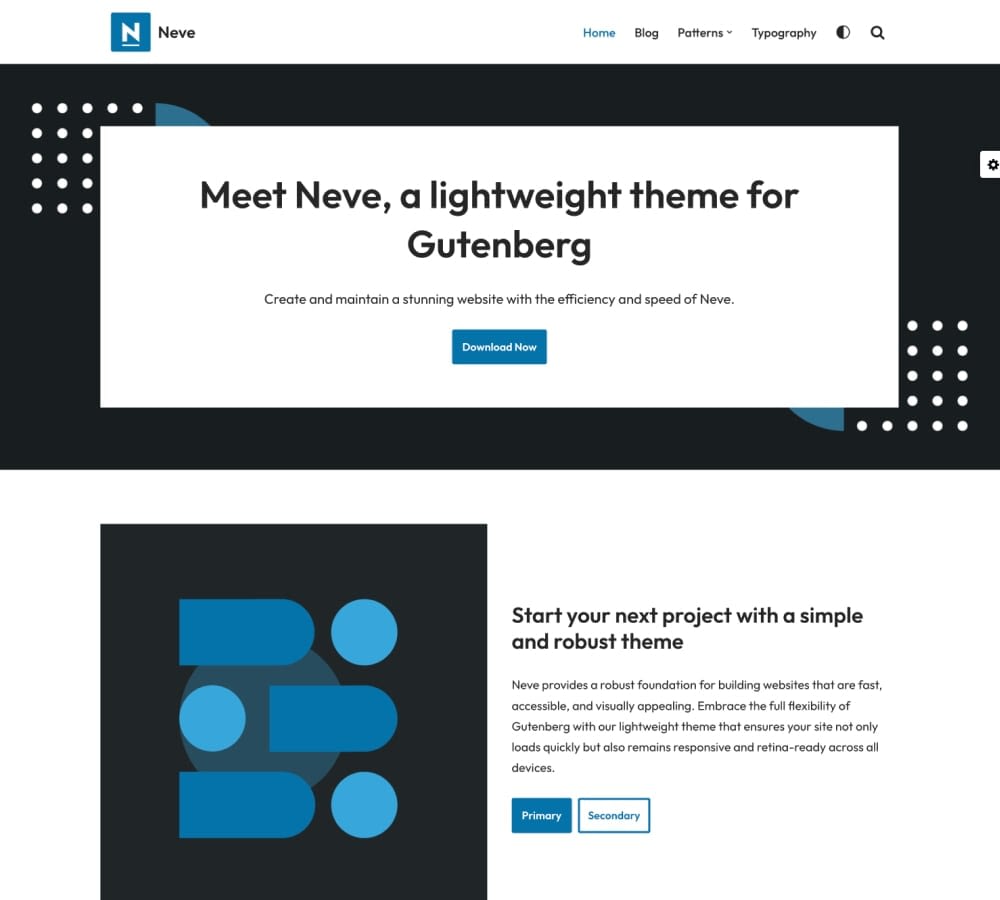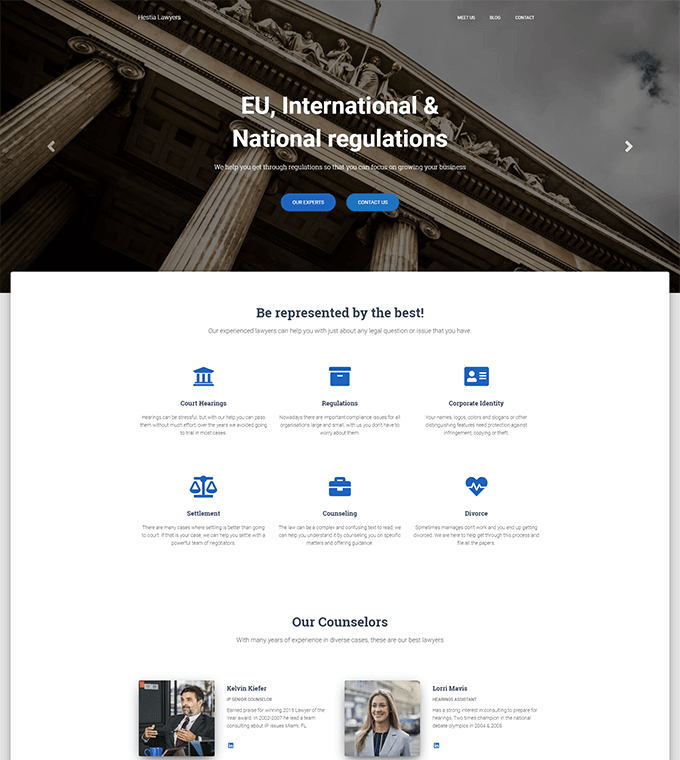Neve
Super Fast, Featherweight Theme to Enter the New WordPress Era
One of the most advanced, customizable and user-friendly theme packed with starter sites and proven performance.
Learn More

Hestia
Material Design Theme
A beautiful one-page theme for any type of business. Enjoy the high-performance that comes with a great user experience.
Learn More

"We recently needed to overhaul our website and ThemeIsle provided all the resources we could have ever imagined. The templates are very elegant, very easy to use and manipulate. I can attest that our website views increased exponentially. We absolutely love ThemeIsle!"

Neal Newman – academyselfdefense.com



















